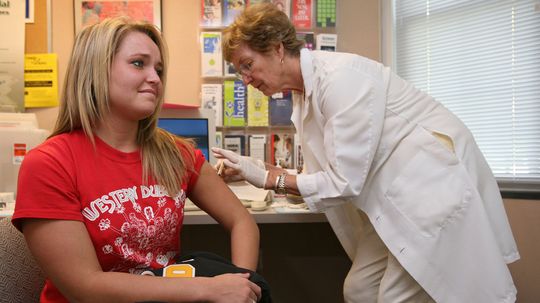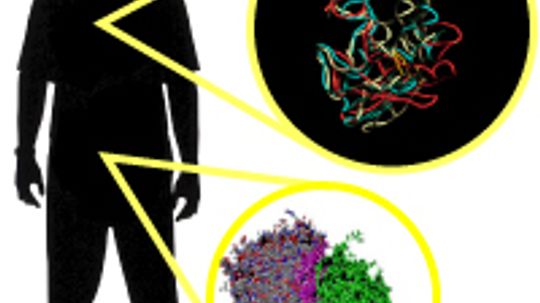Immune System
Inside your body, there is a mechanism designed to defend you from millions of bacteria, microbes, viruses, toxins and parasites. Find out the different components and how the human immune system works.

Ever Stand Up and Get Dizzy?
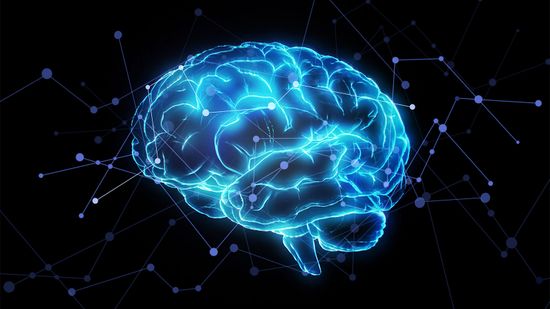
How White Matter Helps the Brain's Gray Matter Function

Bruce Willis Has Aphasia. What Is It and What Causes It?

The True Story of the Blue People of Kentucky
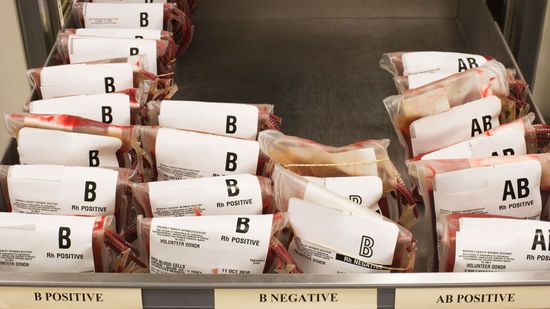
What Is the Rarest Blood Type in the World?

What Does It Mean If Your Blood Oxygen Level Is Low?

What Is Saliva and How Does It Change the Taste of Food?

The World's Longest Poop Story Is a Crock of, Well ...

When You Have to Go But Don't Want People to Know

Does Oxytocin Make Us Fall in Love?

5 Ways Homeostasis Keeps Your Body Humming Along

Is It Possible to Get Taller as an Adult?

Do You Have One of the 6 Rarest Eye Colors in the World?

Why Do Babies' Eyes Change Color?
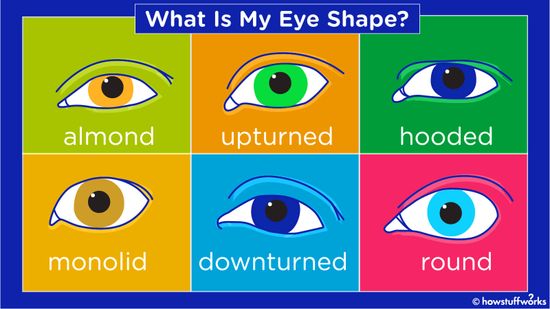
There Are 6 Different Eye Shapes. Which One Is Yours?

Kidney Stones Are Excruciating, But the Source of Pain Is Surprising

Why Do We Do a Little Dance When We Have to Pee?

Do You Turn the Door Key and Have to Pee? It May Be All in Your Brain
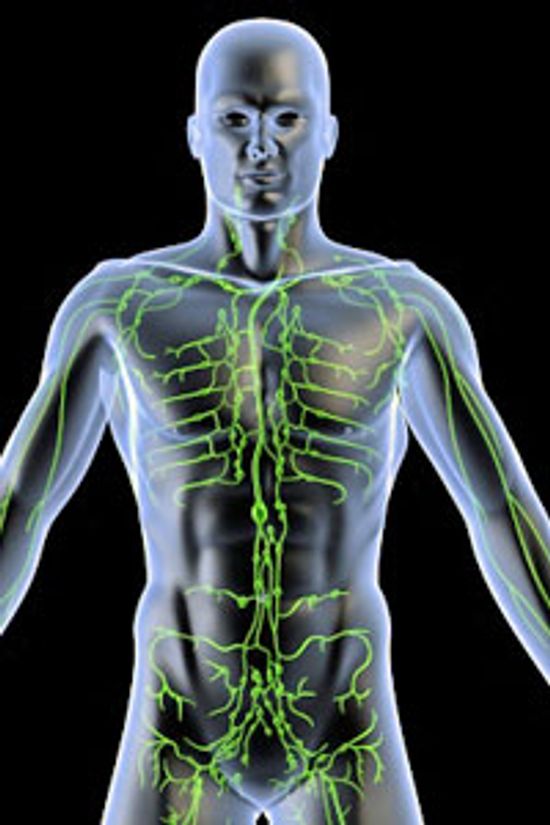
The Lymph System

What is lymph?
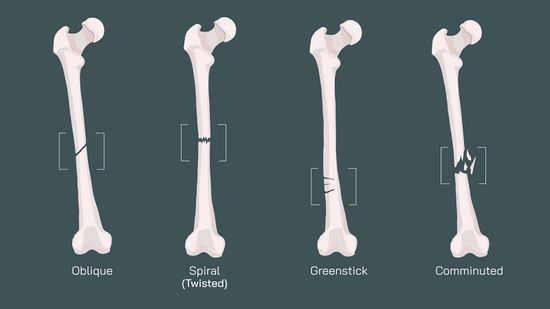
11 Types of fractures That Can Show Up in an X-ray or MRI

How One Key Protein May Help Tendons Enhance Athletic Performance

What Are Muscle 'Knots' and How Do You Get Rid of Them?

What Happens When the Wind Is Knocked Out of You?

The Science Behind Why We All Have Snot

Why Breathing Through Your Nose Is Best
Learn More
Although women often think men exaggerate their symptoms when they have a cold or flu, a Canadian scientist has found that men are more susceptible to respiratory complications than women.
By Alia Hoyt
New research finds that nontoxic, antibacterial sugars found in human breast milk might be key to the next generation of antimicrobial drugs.
A swish of mouthwash after brushing makes our mouths feel fresh and clean. But some scientists think your mouthwash could be hurting your immune system. Is there something sinister lurking in your oral care routine?
Advertisement
Research shows that getting measles leaves you vulnerable to other infectious diseases until your body rebuilds its immunity, and that can take several years.
There are millions of bacteria, microbes, viruses, toxins and parasites that want to invade your body. And they'd happily do it, too -- if it weren't for your immune system.



